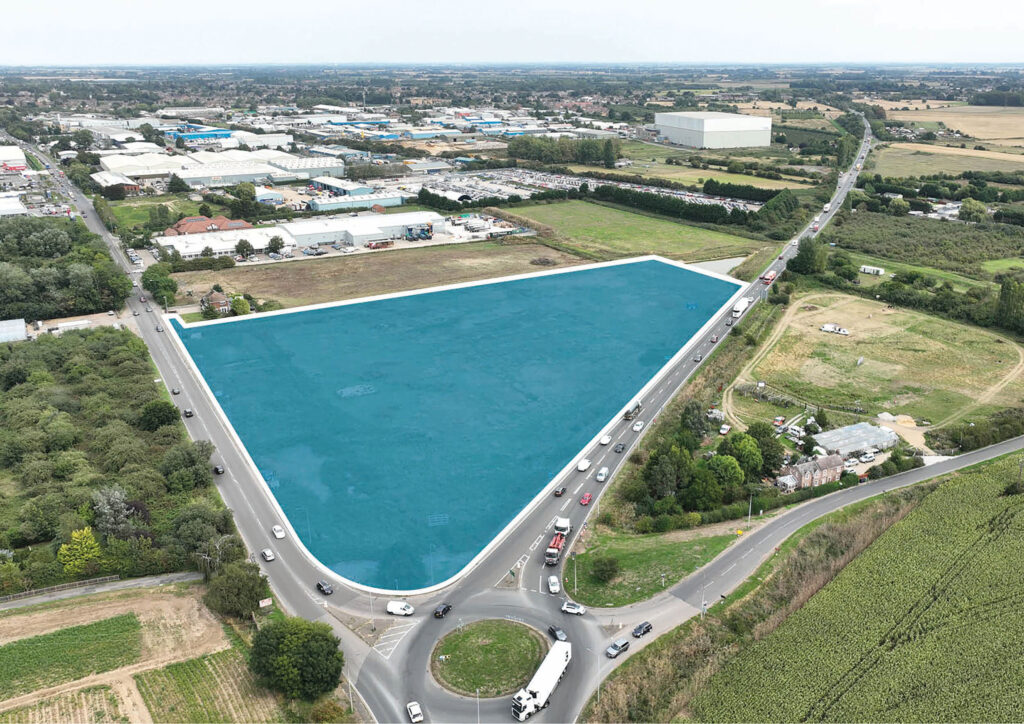We live in an uncertain world where people place less trust and importance on traditional ways of securing their future. We are less confident that society, national institutions and regulatory schemes and assistance will provide for our futures.
How can we change what we do to provide a more certain future?
American computer scientist Alan Kay is attributed with saying “The best way to predict the future is to invent it.”
Many people are beginning to wake up to the realisation that the only resource they can truly rely on is themselves. Firmly taking the reins, and taking action to steer their course is the only way of ensuring they arrive at their intended destination.

However, the path we believe we’ll need to take isn’t always the one that life lays out for us. The realisation that things aren’t as simple as first thought can bring on a tsunami of self-doubt and apathy, meaning people simply give up.
It’s hardly surprising then that many people just dismiss trying to plan for their future because, when it appears fraught with so much uncertainty, they see no point doing so. They experience frustration and worry over whether they or their loved ones will ever reap the rewards from money spent on life assurance and retirement benefits.
Taking control of your future
People try and play the markets all the time to secure their future. A classic example of this is investing in property, that’s always a good investment isn’t it? Until the market suddenly tanks.
There are the social cross-currents and political quicksand unexpectedly laid in our paths, when something unpredictable like Brexit or the likes of Trump getting elected happens. This provides additional challenges to planning our futures.
And what’ll happen if you get divorced, lose a partner, have an accident… and on and on.
How, with all of that, can you possibly make a plan robust enough to navigate the route that’ll take you to where you need to go?
Walt Disney, whose life’s work could arguably be defined as the pursuit and realisation of dreams, had it right when he said:
“Times and conditions change so rapidly that we must keep our aim constantly focused on the future.”
Walt left us in 1966, but his words are just as relevant now as they were then because the only constant over time is change; as Anthony Carmora, high court judge and the fifth President of Trinidad and Tobago posited:
“Change is the only constant, and to turn one’s back and pretend that it is not coming is an exercise in futility.”
Emmie award-winning American author, motivational speaker, financial adviser and television host Suze Orman, writer of no less than nine New York Times bestsellers about personal finance said:
“A big part of financial freedom is having your heart and mind free from worry about the what-ifs of life.”
These quotes highlight two key points:
- You can’t predict the future
- You can control how you respond
How professional advice can help
After all, with the best will in the world, even the most intuitive adviser doesn’t have a crystal ball to determine what the future holds. As Benjamin Franklin famously said, “In this world, nothing is certain except death and taxes.”
This is why advisers work with you to develop a robust plan that is designed to extend past your life expectancy. Death is certain and we help you plan for it in a way that allows you to enjoy everything life has to offer.
Alexa Von Tobel, founder and CEO of LearnVest.com, author of the New York Times bestseller “Financially Fearless” and an inaugural member of the Presidential Ambassadors for Global Entrepreneurship, said:
“A good financial plan is a road map that shows us exactly how the choices we make today will affect our future.”

Good financial planning is just that. It is a way to simulate how the choices we make today are likely to impact the future. This might be a quantitative impact; if I withdraw €150,000 from my pension, will I have enough left if I live to 90? Or a qualitative impact; what will it mean to my family if I have to work until I am 70?
Earlier we shared some powerful insights and wise words indeed from Walt, Alexa and Suze. Their wisdom forms the foundation of Lifestyle Financial Planning, a service we at UAG offer to our clients.
Lifestyle Financial Planning:
- Focusses on what’s most important; you.
- Provides a roadmap to your desired lifestyle,
- Adapts to changes over time to keep your plan continually aimed towards your future goals and,
- Repeatedly challenges the ‘what-ifs’ of life through regular review and forward-planning, giving you the peace of mind to go live the life you want.
So, how do you make a plan robust enough to navigate the route that’ll take you to where you need to go?
Lifestyle Financial Planning, that’s how.




